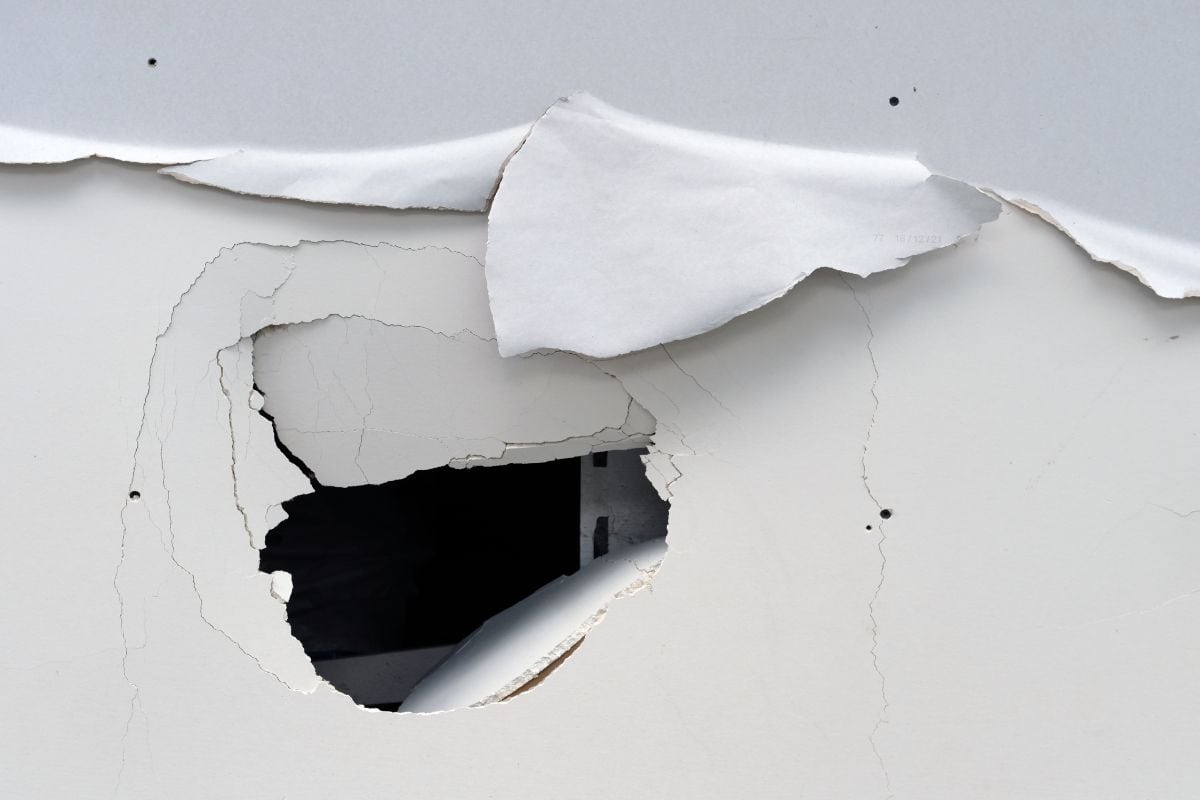Water softeners are devices that have become an indispensable element of many households and businesses, helping to combat hard water. By ensuring proper water quality, softeners protect sanitary installations and devices against scale formation, which extends their life and improves energy efficiency. However, like any device, water softeners may be susceptible to mechanical damage. In this article, we will take a closer look at what factors can affect the durability of water softeners and whether they are resistant to mechanical damage.
Water softener design
A water softener consists of several main components, including the resin tank, brine tank, control panel, and various connections and valves. Each of these elements has been designed for long-term use, however, resistance to mechanical damage may vary depending on the quality of the materials from which the device is made and the intensity of its use.
Factors influencing resistance to mechanical damage
- Construction materials: Softeners made of high-quality, durable materials are more resistant to damage. For example, tanks made of durable plastic provide better protection against cracks.
- Assembly quality: Correct assembly and installation are crucial to ensuring the long life of the softener. Improper connections or improper installation can lead to leaks and other mechanical problems.
- Operating conditions: Extreme temperatures, water pressure significantly different from the recommended one, and mechanical damage caused by the user (e.g. impacts) may negatively affect the resistance of the device.
- Maintenance and servicing: Regular maintenance and servicing of your water softener is essential to keep it in good working order. Neglecting these actions may result in faster wear of parts and increased susceptibility to mechanical damage.
How to ensure long-term resistance to damage?
- Choose softeners from reputable manufacturers, who use high-quality materials and offer a solid warranty.
- Provide professional installation and follow the manufacturer's recommendations regarding operating conditions.
- Carry out regular maintenance, including cleaning the brine tank, checking the salt level and checking the condition of the ion exchanger resins.
- Protect the device against extreme conditions, such as frost, which can lead to damage due to water freezing in the system.
Although water softeners are designed to be durable and able to withstand everyday use, they are not completely immune to mechanical damage. The device's resistance to such damage depends on many factors, including the quality of workmanship, operating conditions and regularity of maintenance work. Taking care of these aspects is crucial to ensuring long and trouble-free operation of your water softener.



